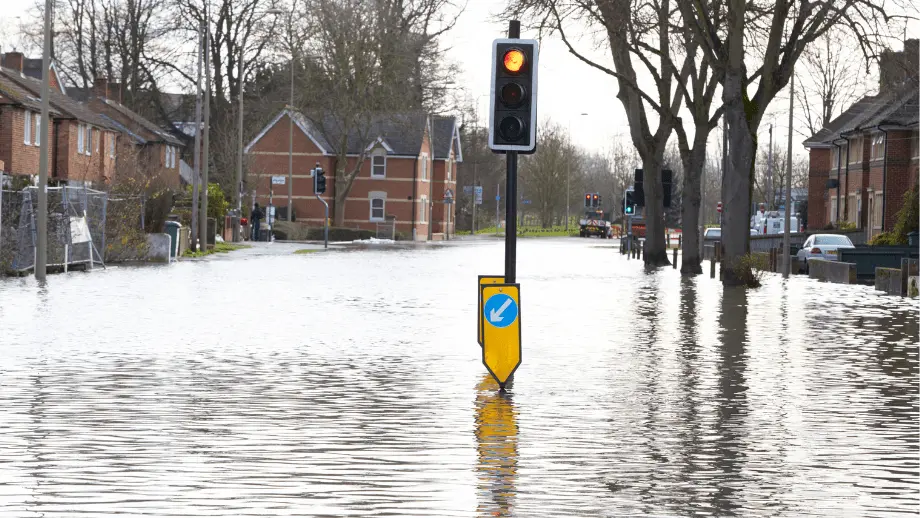Westminster implements Schedule 3 to mandate Sustainable Drainage on new developments
13 January 2023

EMS welcomes the announcement that the government will finally implement Schedule 3 of the Flood and Water Management Act 2010, mandating Sustainable Drainage (SuDS) within new developments. This will lead to greater opportunities to manage storm water runoff at source, helping mitigate flooding and pollution within our urban drainage networks.
The late 2000s were a critical period in the development of flood management strategy. The summer of 2007 saw extensive flooding across the UK, with significant damage, disruption and displacement to 55,000 households. Sir Michael Pitt carried out his review in 2008 of our response to that flooding, which led to the Flood and Water Management Act in 2010 and the shaping of our current flood management landscape.
Whilst much of this legislation was implemented providing enhanced roles and responsibilities within the development and implementation of flood management strategy, the glaring omission, was the implementation of Schedule 3, relating to the mandatory implementation of SuDS as part of new developments.
Implemented by the Welsh government in 2019 as a response to the Well-being of Future Generations Act, Schedule 3 has provided national standards for the implementation of SuDS in Wales to manage surface water runoff at source, with SuDS approval bodies (SAB) reviewing and approving drainage systems for new developments. This has led to some leading implementation of SuDS within the urban environment by considering water quantity, water quality, amenity and biodiversity in the planning of new developments.
Earlier this week, the Westminster government published a review, recommending the implementation of Schedule 3 in England, which was accepted, recognising that the wider benefits of SuDS outweigh the challenges the construction industry perceived in the ground shift towards SuDS as the principal part of new drainage systems across England.
The other critical feature of Schedule 3 is the removal of builders’ automatic rights to connect developments into existing drainage networks, making it conditional on the delivery of SuDS potential on that development first, as well as ensuring their long term maintenance, so benefits continue to be delivered in the future.
SuDS, if well planned and constructed, incorporating all stages of the SuDS treatment train: prevention, source control, site control and regional control, provide a great opportunity to help manage wider flood risk and pollution within urban drainage networks, and increase amenity and biodiversity, which benefits local communities. We look forward to seeing this shift change realised in coming years.
We would urge everyone with an interest in managing water in our urban environment to contribute to the public consultation when it is launched later in the year, and help shape the standards to support SuDS delivery and maintenance to provide long-term benefit to managing flood risk in England.









